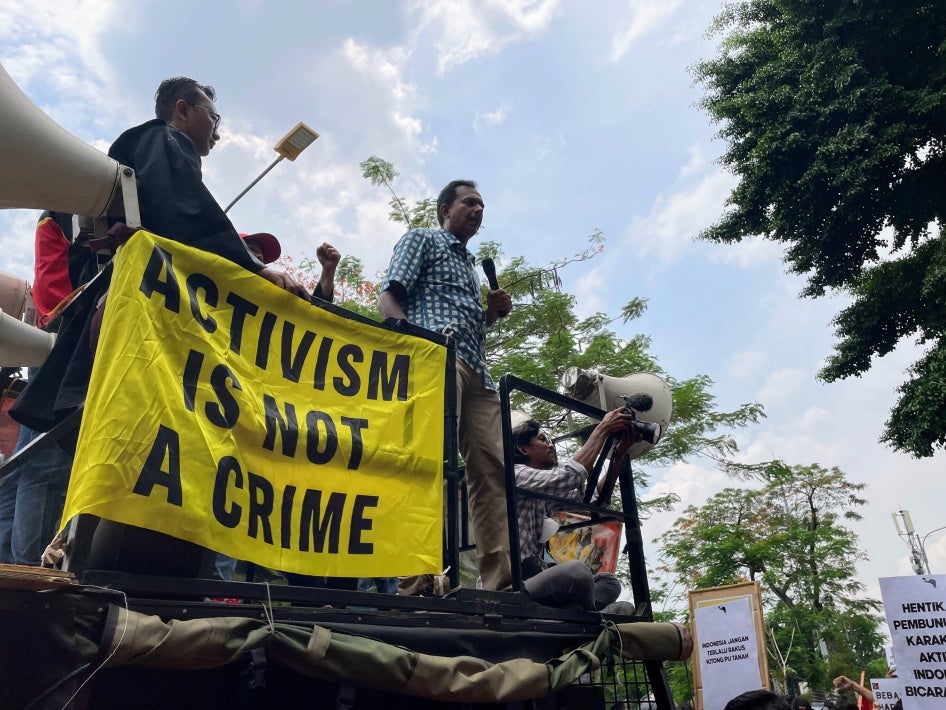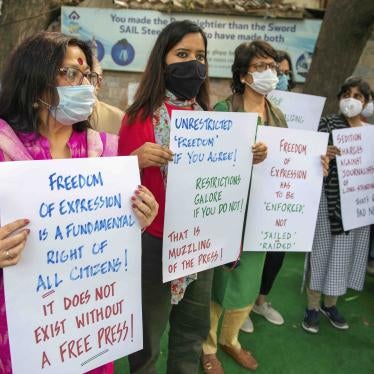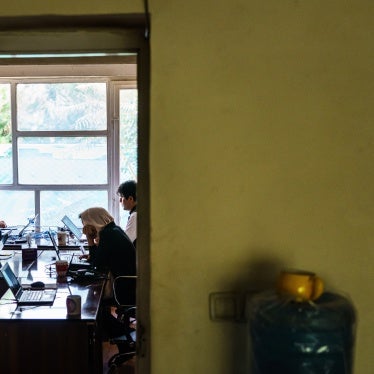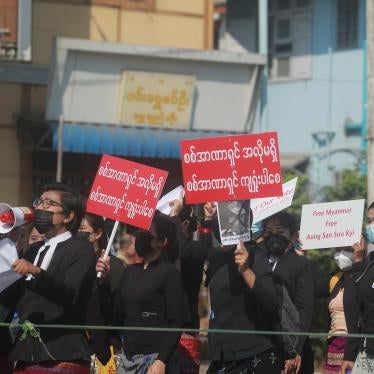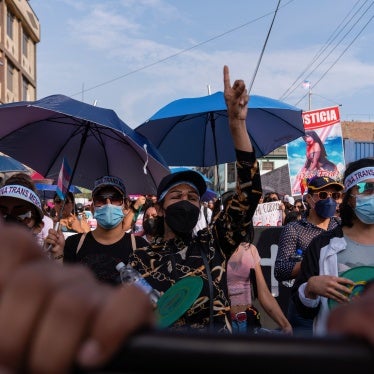“Historic,” said the activist Haris Azhar, describing Indonesia's Constitutional Court ruling in March to revoke three false news and defamation clauses from the country’s 1946 criminal code.
The judges wanted to protect human rights, he said, and they found that the code’s vague definition of “fake news” could be used to punish legitimate criticism of the government.
Azhar and Fatia Maulidiyanti, another human rights defender, together with the Jakarta-based Indonesian Legal Aid Foundation and the Alliance of Independent Journalists, sought a judicial review of the law after Azhar and Maulidiyanti faced criminal defamation charges brought by Luhut Binsar Pandjaitan, a minister in President Joko Widodo’s cabinet. Pandjaitan’s lawsuit argued that the activists defamed him in a YouTube podcast in August 2022. A Jakarta court acquitted the activists in January 2024.
Powerful people and government officials frequently used the laws to prosecute activists and other critics of the government. According to Safenet, a free speech organization, between 2020 and 2023, there were 32 criminal defamation cases in Indonesia. After the court ruling, some cases were immediately dropped.
But Indonesia has dozens of criminal defamation laws that could undermine the right to free expression, including those recently passed as part of the 2022 criminal code and the 2023 Internet and Electronic Transaction Law.
Azhar points out that the 2023 internet law is “even more brutal” than the Dutch colonial-era provisions, which made up most of the 1946 code, because it allows the government to take down digital content without a judicial order. The United Nations has said the 2022 criminal code, slated to come into force and replace the 1946 criminal code in January 2026, threatens basic freedoms.
The new criminal code makes promoting news that a person should know or suspect is vaguely “uncertain,” “exaggerated,” or “incomplete,” and which can cause unrest, a criminal offense that can be punished by up to two years in prison.
Other articles effectively restrict anyone other than medical providers from disseminating information about contraception to children, or from providing information to anyone about obtaining an abortion.
Authorities should revise the new criminal code to reflect the court ruling. “We need to challenge these new laws,” Azhar said.
The recent Constitutional Court ruling will likely be the basis for future petitions against other toxic regulations harming free expression rights in Indonesia.

